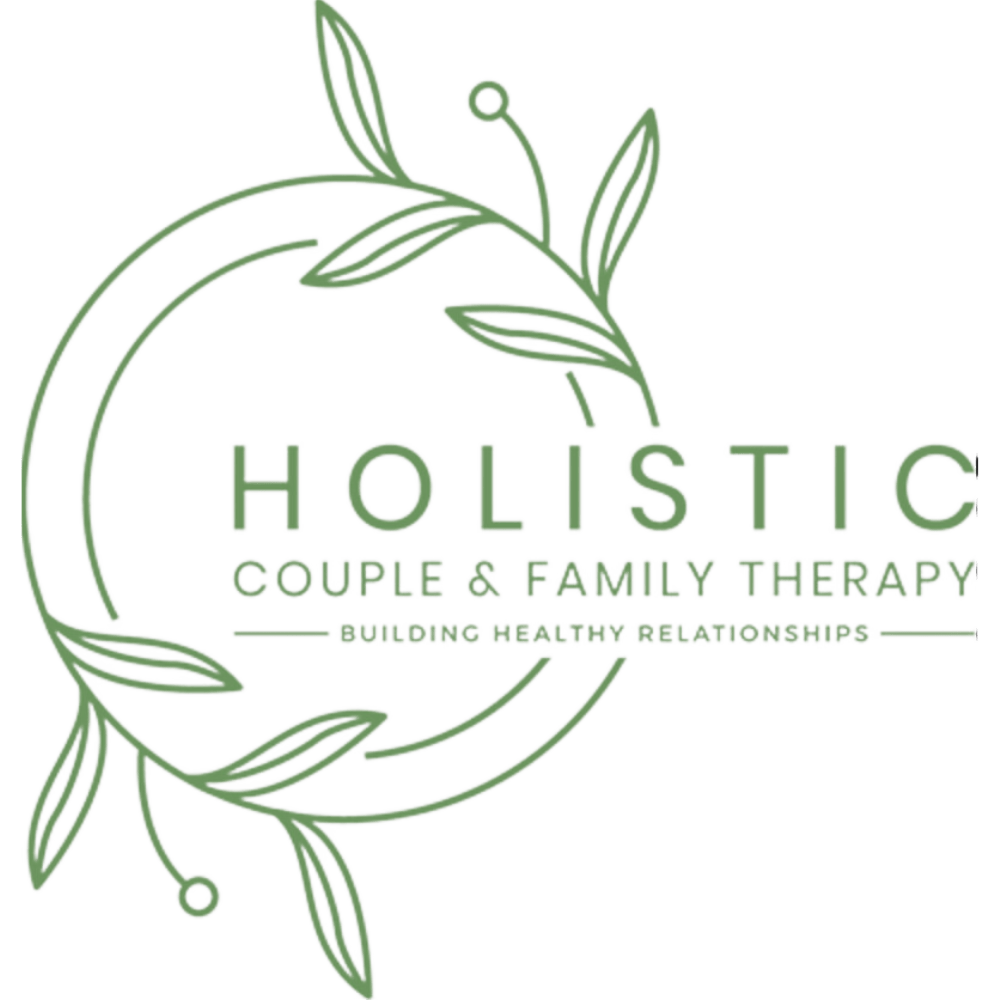Religion can be a source of comfort, community, and guidance. But for many, it can also be a source of deep pain, fear, and guilt. If your religious upbringing or experiences have left you feeling lost, anxious, or disconnected from yourself, you might be dealing with religious trauma—and you’re not alone.
Healing takes time, but it’s possible.
With the right support, including religious trauma therapy, self-reflection, and community, you can reclaim your identity and build a life that aligns with your true values.
Let’s break it down.
What Is the Best Therapy for Religious Trauma?
When it comes to religious trauma therapy, there’s no one-size-fits-all approach. Healing looks different for everyone, and the best therapy is the one that meets you where you are.
That said, here are some of the most effective therapy methods for processing and healing from religious trauma:
- Cognitive Behavioral Therapy (CBT) – Helps you recognize and reframe harmful thought patterns that stem from religious indoctrination. This is especially useful for overcoming fear-based teachings and self-criticism.
- Eye Movement Desensitization and Reprocessing (EMDR) – Used for trauma processing, EMDR can help you work through painful religious memories. This therapy can be especially effective for those who have experienced religious abuse, whether emotional, verbal, or physical.
- Internal Family Systems (IFS) – Helps you reconnect with the different “parts” of yourself, including those harmed by religious conditioning. It allows individuals to heal their inner child and deconstruct harmful beliefs.
- Somatic Therapy – Focuses on how religious trauma is stored in the body, helping you release tension and fear. Trauma isn’t just mental—it’s physical, and somatic therapy helps you reconnect with your body in a safe way.
- Narrative Therapy – Encourages you to rewrite your personal story outside of the religious framework you were given. This therapy is powerful for those who want to reclaim their identity beyond religious labels and expectations.
Beyond these structured therapies, many people also find healing through art therapy, journaling, and mindfulness practices.
Religious trauma therapy isn’t just about letting go of fear or guilt—it’s about reclaiming your autonomy and learning to trust yourself again.
What Is Considered Religious Trauma?
Religious trauma isn’t just about having a bad experience with faith.
It’s about deep emotional and psychological wounds caused by harmful religious teachings, environments, or leadership.
Some common signs of religious trauma include:
- Fear-based belief systems – Feeling like you’re constantly being judged, watched, or punished.
- Guilt and shame – Struggling with self-worth because of religious teachings, especially surrounding sexuality, identity, or moral “purity.”
- Loss of identity – Not knowing who you are outside of your religious upbringing, especially if you were raised in a high-control environment.
- Fear of rejection – Being afraid to leave your faith due to family or community backlash, losing relationships, or feeling isolated.
- Spiritual abuse – Manipulation or control by religious leaders or communities, such as being pressured to give money, obey authority blindly, or cut ties with non-religious loved ones.
- Suppressed emotions – Feeling like you can’t express anger, doubt, or personal desires without being judged or punished.
Many people who experience religious trauma also struggle with intrusive thoughts, nightmares, or anxiety about the afterlife, even after leaving their faith. If religion has caused you more harm than healing, it’s okay to step away.
Religious trauma therapy can help you process your experiences and redefine your relationship with spirituality—or let go of it altogether.
Are There Therapists Who Specialize in Religious Trauma?
Yes, but finding the right therapist can take time. Many mental health professionals aren’t trained to recognize religious trauma, and some may even push religious perspectives in therapy. That’s why it’s important to find a therapist who understands faith-based trauma and respects your journey.
Here’s how to find a specialist in religious trauma therapy:
- Look for trauma-informed therapists – Even if they don’t advertise religious trauma specifically, trauma specialists can still help. Many therapists trained in PTSD or complex trauma are well-equipped to handle religious trauma.
- Seek secular or ex-religious therapists – Therapists who have left high-control religions often provide the best insights. They understand firsthand the emotional and psychological impact of religious trauma.
- Check online directories – Platforms like the Secular Therapy Project and Therapy Den can help you find non-religious therapists.
- Join support groups – Sometimes, peer support can be just as healing as therapy. Look for groups focused on religious trauma recovery.
- Ask about their approach – Before committing, ask a potential therapist how they handle faith-based trauma to make sure their methods align with your needs.
You deserve a space where you can heal without judgment. If a therapist doesn’t validate your experience, keep looking—there are professionals who understand and can help.
How to Unpack Religious Trauma
Healing from religious trauma is a journey, and it doesn’t happen overnight. But step by step, you can begin to unpack your experiences and reclaim your sense of self.
Here’s where to start:
- Acknowledge Your Pain – You don’t have to justify or minimize your trauma. If it hurt you, it matters.
- Deconstruct Your Beliefs – Challenge the teachings that instilled fear or shame. Ask yourself: Do these beliefs align with who I truly am?
- Set Boundaries – If certain people or conversations trigger your religious trauma, it’s okay to step back.
- Find New Communities – Healing is easier when you have people who support and understand you. Look for online or local groups where you can share your experiences without judgment.
- Rebuild Trust in Yourself – One of the biggest impacts of religious trauma is self-doubt. Start trusting your own intuition and choices again.
- Engage in Religious Trauma Therapy – Working with a therapist can help you process the emotional weight of your experiences in a safe environment.
- Redefine Spirituality (If You Want To) – Some people let go of spirituality entirely, while others redefine it on their own terms. Whatever you choose, you are in control.
- Practice Self-Compassion – Healing isn’t linear. Some days will feel easier than others, and that’s okay. Be patient with yourself.
Healing isn’t about erasing the past—it’s about building a future where you feel free, whole, and in charge of your own beliefs and identity.
Reclaiming Your Identity After Religious Trauma
You were never meant to live in fear, shame, or self-doubt.
Whether you’re just beginning to unpack your religious trauma or you’ve been on this journey for years, know this: You are not broken. You are not alone. And you are allowed to heal.
Religious trauma therapy can be a powerful tool, but healing doesn’t only happen in therapy. It happens in the small moments—when you challenge a belief that no longer serves you, when you set a boundary with a family member, when you embrace your true self without guilt.
Your story is still being written, and you hold the pen. Healing from religious trauma isn’t just about surviving—it’s about thriving.
And you deserve that.
If you’re experiencing an emergency, please use the information found here.
Location
8 South Michigan Avenue,
Suite 2300
Chicago, IL 60603

